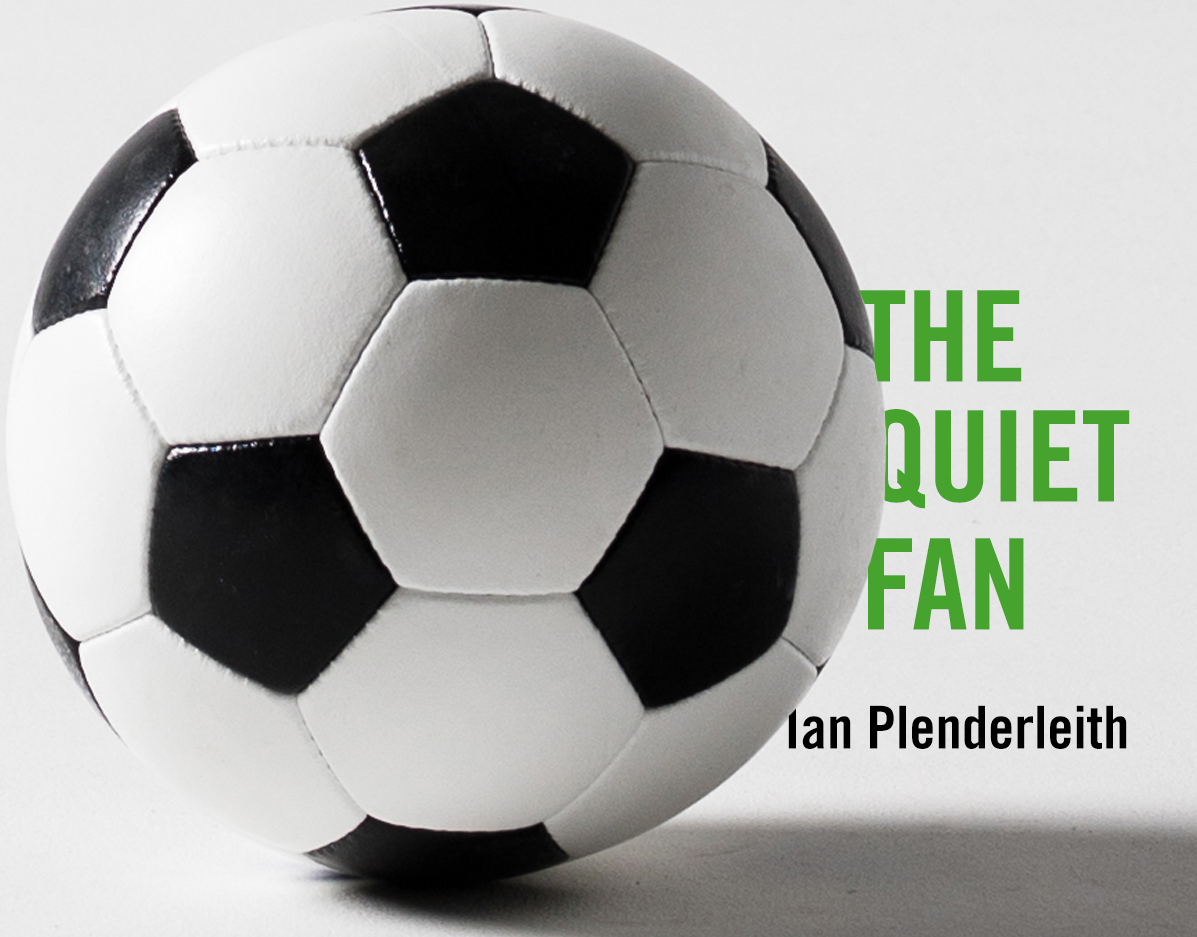You'll all be intrigued to know that 40 years ago this weekend I was snogged for the very first time, on a Saturday night in a Lincolnshire village, drunk on illegally procured neat Martini swigged direct from the bottle, bathed in the nearest beck to keep it cool. Much more importantly, that afternoon I'd watched Lincoln City draw 2-2 with Scunthorpe United. Here's how chapter three of The Quiet Fan, Kissing: Lincoln City v Scunthorpe United, League Division Four, Saturday 27thSeptember, 1980, kick-off 3PM, begins:
"This date marks the first time I officially copped off with a girl. It was official because it was seen and talked about by lots of people. It was in the full public glare of the disco lights at Tealby Village Hall, and so was recorded in the verbal annals of Lincolnshire snogging incidents, dated autumn, 1980. I can’t remember much because I was drunk, but I know that it didn’t feel right because the girl I was copping off with had dumped one of my best mates, Neil, the day before. And he was staying at my house that weekend. Only hours earlier we had been watching Lincoln v Scunthorpe together..."
As you'll certainly be wanting to know more, here's a link to buy the e-book directly from the publisher, Unbound. The paperback's out of print, but if you're old school and still use words like 'snogging', you can get a paperback through amazon dealers at something above cover price.










